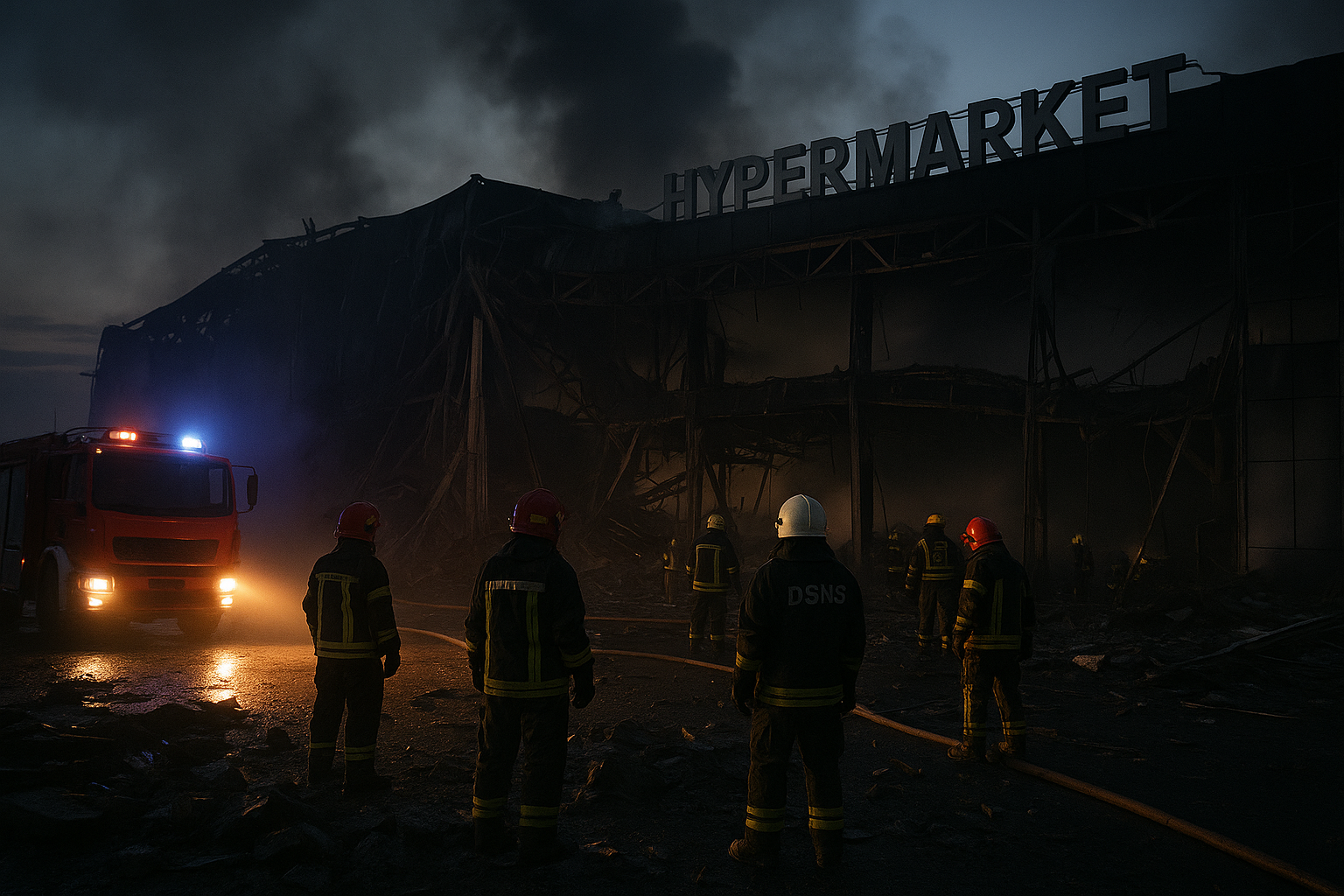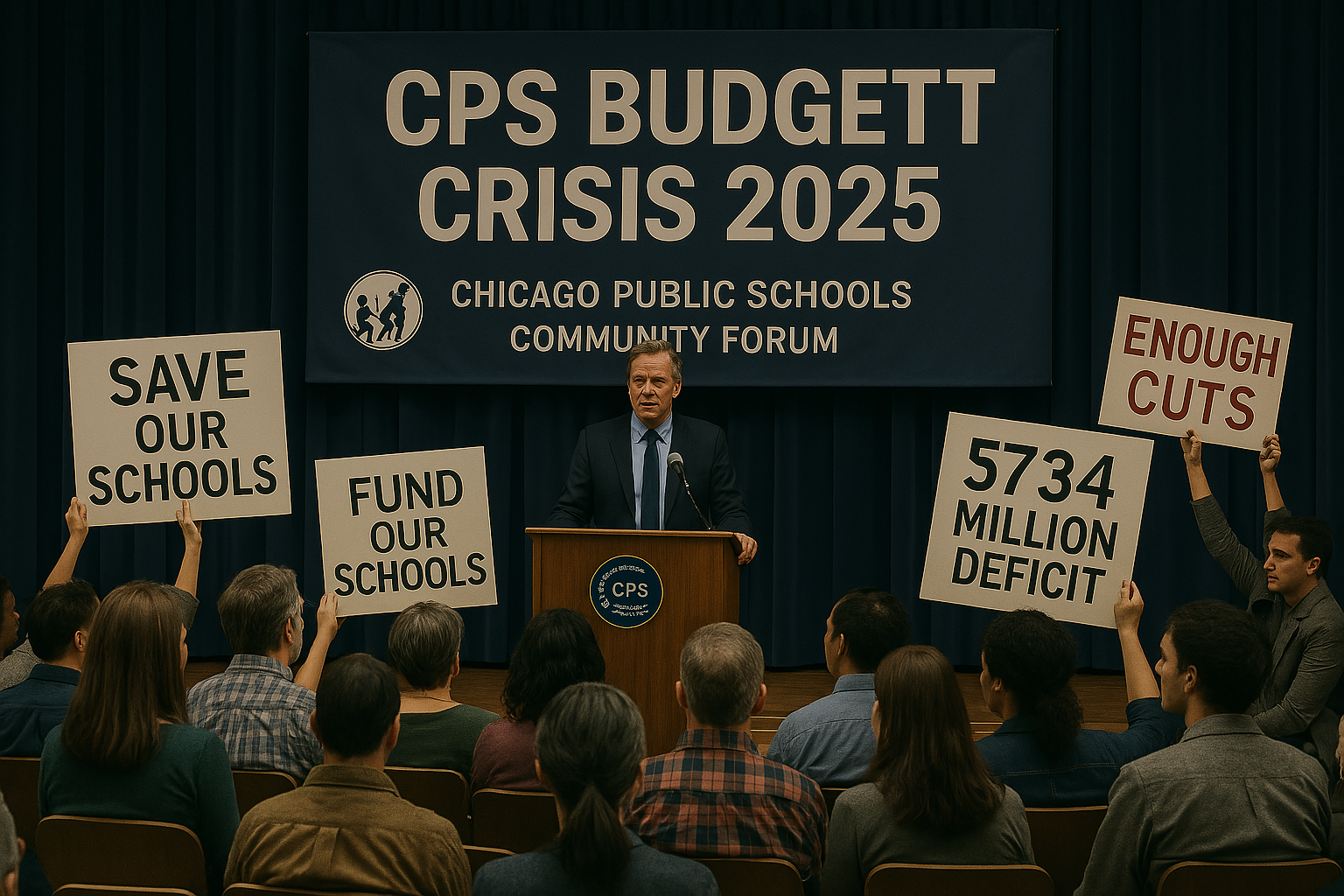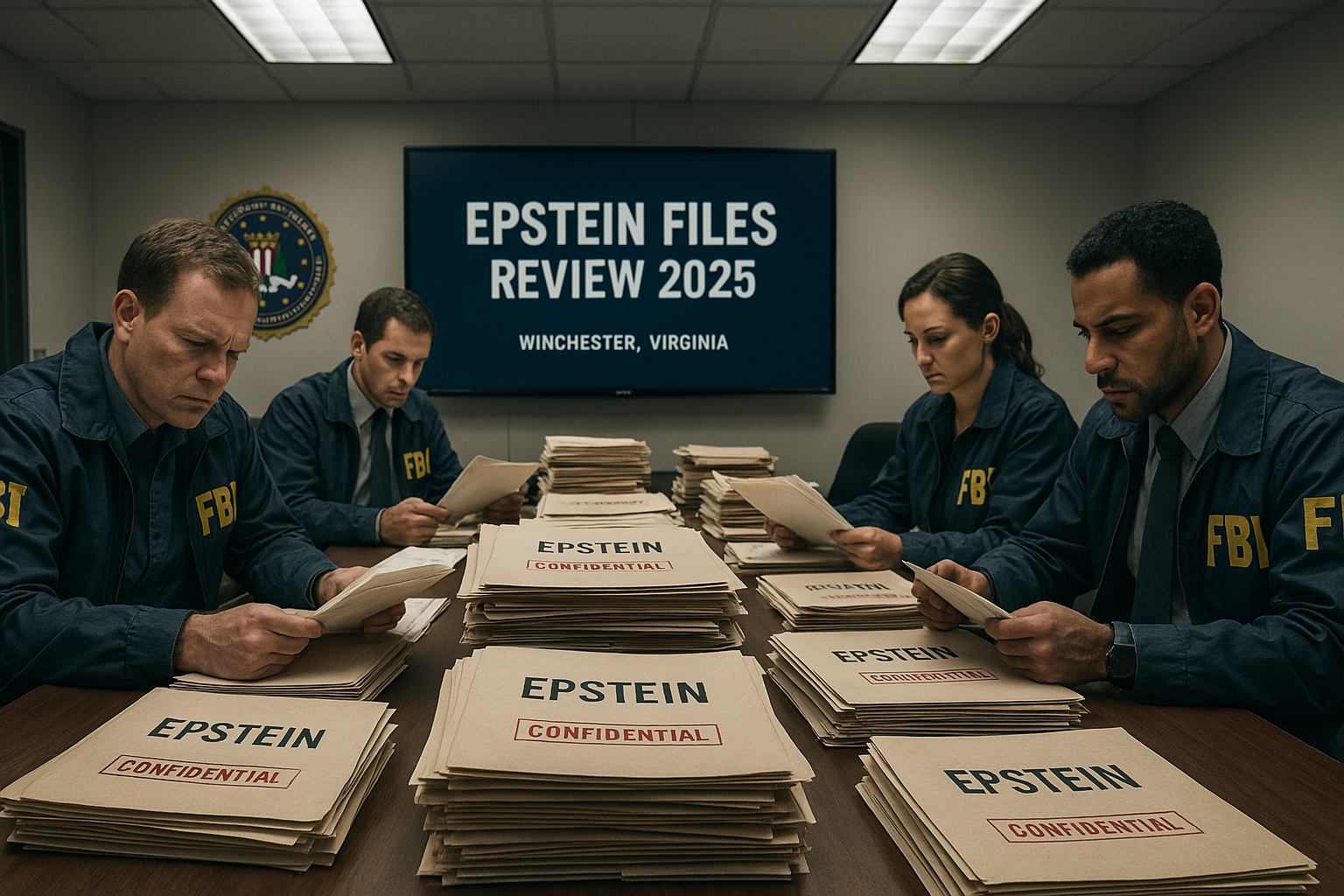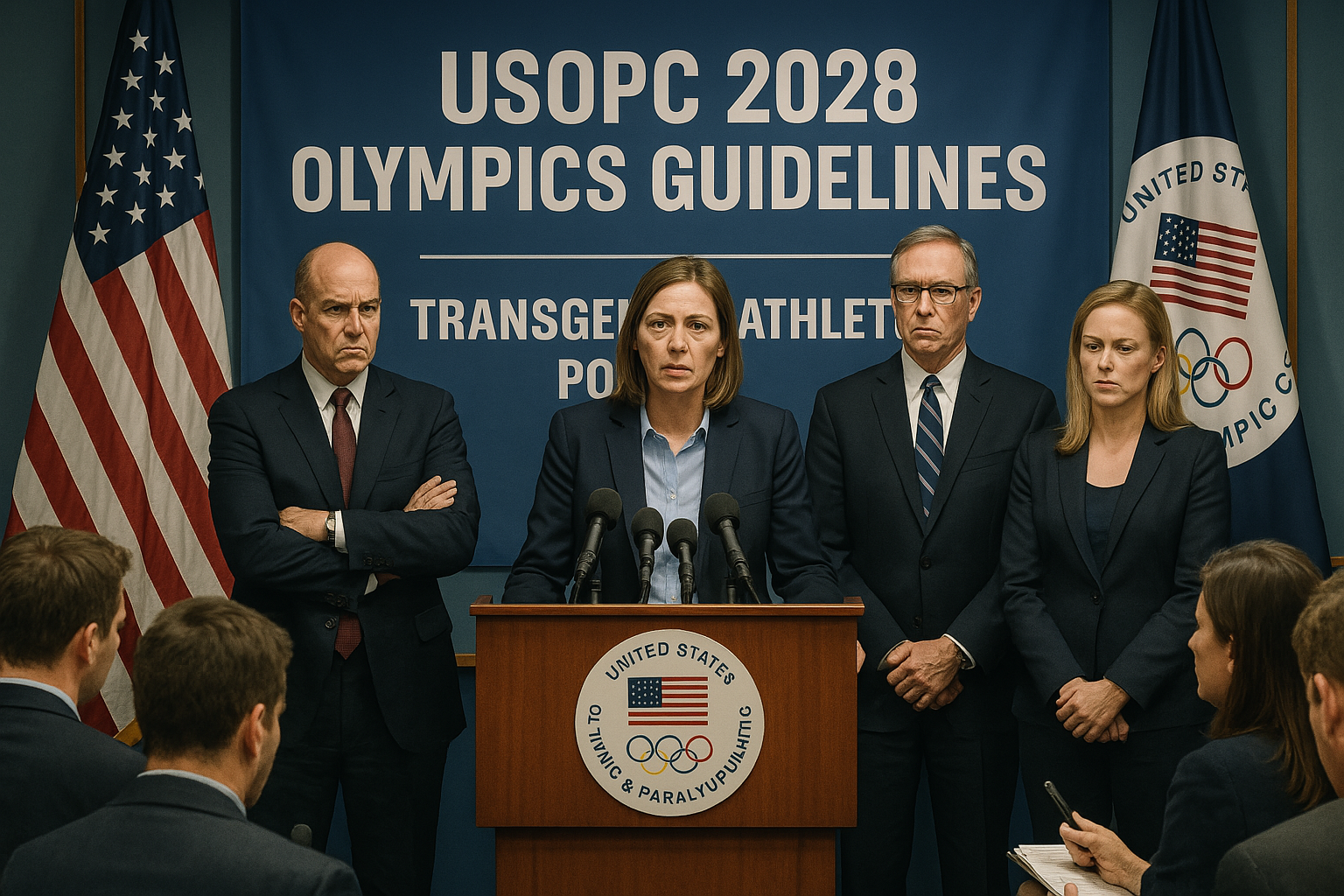Tragedy Strikes Kut: Over 60 Dead in Devastating Iraqi Hypermarket Blaze – Depth & Clarity

KUT, IRAQ – A newly opened hypermarket in the southern Iraqi city of Kut became the scene of unimaginable tragedy today, as a massive fire ripped through the building, claiming the lives of at least 61 people and injuring dozens more. The inferno, which sent plumes of thick black smoke billowing into the sky, has plunged the community into mourning and raised urgent questions about safety regulations and emergency preparedness in the rapidly developing nation. This article provides Depth & Clarity on the devastating incident, its immediate aftermath, and the broader implications for public safety in Iraq.
The Unfolding Catastrophe: A Day of Joy Turns to Ash
The hypermarket, a symbol of modernization and economic growth in Kut, had only recently opened its doors, attracting large crowds eager to experience its new facilities. What began as a bustling day of commerce and leisure quickly devolved into a nightmare as flames engulfed the multi-story structure. Eyewitnesses described scenes of panic and chaos as shoppers and employees desperately tried to escape the rapidly spreading fire [1].
Emergency services, including civil defense teams and firefighters, rushed to the scene, battling the intense blaze for hours. The sheer scale of the fire and the rapid collapse of parts of the building made rescue efforts incredibly challenging. Rescuers worked tirelessly, sifting through the debris in a desperate search for survivors, but the grim reality of the death toll continued to mount throughout the day. The victims included men, women, and children, their lives tragically cut short in an instant.
AI Insight: The rapid escalation and high casualty count in such incidents often point to a confluence of factors, including inadequate fire suppression systems, insufficient emergency exits, and a lack of adherence to building safety codes. In rapidly developing economies, the push for modernization and quick construction can sometimes inadvertently compromise safety standards. This tragedy serves as a stark reminder of the critical importance of robust regulatory oversight and stringent enforcement of safety protocols in public spaces, particularly those designed to accommodate large crowds.
The Aftermath: Grief, Investigation, and Urgent Questions
The city of Kut is now enveloped in a pall of grief. Hospitals are overwhelmed with the injured, and families are desperately searching for missing loved ones. The Iraqi government has declared a period of national mourning, and a high-level investigation has been launched to determine the cause of the fire and identify any lapses in safety. Initial reports suggest that the fire may have started in a storage area, but the exact cause remains under investigation [2].
This tragedy has ignited a furious debate across Iraq about public safety and accountability. Critics are pointing to a history of similar incidents in the country, often attributed to corruption, negligence, and a lack of proper maintenance and safety inspections. The public is demanding answers and assurances that such a devastating event will not be repeated. There is a growing call for stricter enforcement of building codes, regular safety audits, and severe penalties for those found responsible for compromising public safety.
Broader Implications: A Call for Systemic Change
The Kut hypermarket fire is more than just a local tragedy; it is a symptom of broader systemic issues that plague infrastructure and public safety in many parts of Iraq. Decades of conflict, underinvestment, and corruption have left many public buildings vulnerable to such disasters. The incident underscores the urgent need for comprehensive reforms in several key areas:
•Building Safety Regulations: A thorough review and update of existing building codes, bringing them in line with international best practices, is paramount.
•Enforcement and Oversight: Stricter enforcement mechanisms and independent oversight bodies are needed to ensure compliance with safety regulations and to combat corruption in the construction sector.
•Emergency Preparedness: Investment in modern fire-fighting equipment, training for emergency responders, and public awareness campaigns on fire safety are crucial.
•Accountability: A transparent and impartial investigation that holds all responsible parties accountable, regardless of their position or influence, is essential to restore public trust and deter future negligence.
AI Insight: The long-term societal impact of such a tragedy extends beyond the immediate loss of life and physical damage. It can erode public trust in institutions, exacerbate feelings of insecurity, and hinder economic development. For a nation striving for stability and reconstruction, addressing these underlying systemic issues is not merely a matter of preventing future disasters but also of fostering a sense of security and confidence among its citizens. The response to this tragedy will be a critical test of the government’s commitment to its people’s safety and well-being.
Conclusion: Learning from Loss for a Safer Future – Depth & Clarity
The devastating fire in Kut is a profound loss for Iraq, a stark reminder of the human cost when safety is compromised. As the community mourns its dead and grapples with the aftermath, there is an urgent imperative for systemic change. This tragedy must serve as a catalyst for a renewed commitment to public safety, robust regulatory frameworks, and unwavering accountability. Only through such dedicated efforts can Iraq build a future where its citizens can live and work without fear, ensuring that the lives lost in Kut were not in vain. Providing Depth & Clarity on these critical issues is essential for driving the necessary reforms and building a safer tomorrow.









